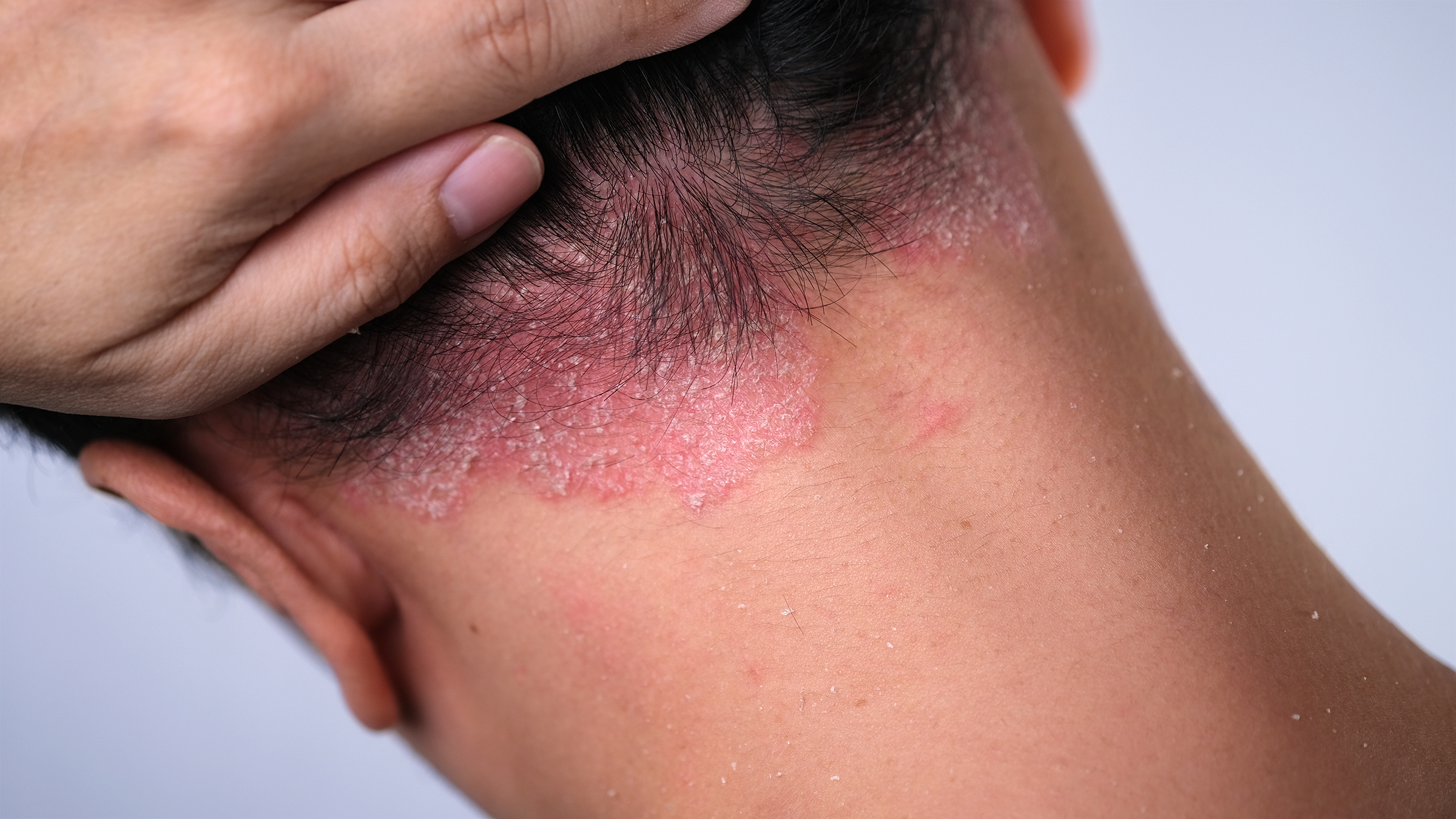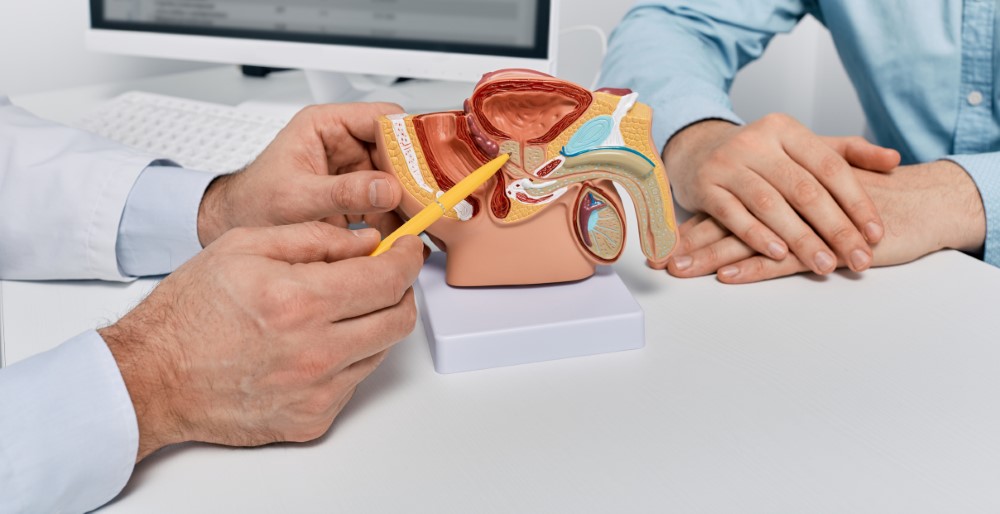
Understanding Psoriasis: Causes, Symptoms, Treatments, and Home Remedies
Psoriasis is a chronic autoimmune condition characterized by the rapid buildup of skin cells, leading to scaling on the skin’s surface. This skin disorder affects millions of people worldwide, with more than 8 million cases reported in the United States alone. This article will delve into the causes, symptoms, diagnostic methods, treatments, prevention tips, and home remedies for managing psoriasis effectively.
Introduction
Psoriasis is a complex and often debilitating skin condition that can significantly impact a person's quality of life. It is marked by red, itchy, and scaly patches, typically on the knees, elbows, trunk, and scalp. While it can start at any age, psoriasis most commonly develops in adults. The severity of psoriasis varies greatly from person to person, ranging from minor localized patches to complete body coverage. Understanding psoriasis involves exploring its causes, symptoms, and various treatment options available, including medical, surgical, and home remedies.
Causes of Psoriasis
The exact cause of psoriasis remains unknown, but it is believed to involve several factors, including genetic predisposition, immune system dysfunction, and environmental triggers.
Genetic Factors
Psoriasis often runs in families, indicating a genetic component. Researchers have identified certain genes associated with the condition. If one parent has psoriasis, the child has a 10-20% chance of developing it. If both parents are affected, the risk increases to 50%.
Immune System Dysfunction
Psoriasis is an autoimmune disease, where the immune system mistakenly attacks healthy skin cells. This immune response causes the rapid production of new skin cells, leading to the buildup of dead cells on the skin's surface. T cells, a type of white blood cell, play a significant role in this process.
Environmental Triggers
Various external factors can trigger or exacerbate psoriasis. These include:
- Stress: Psychological stress is a known trigger for psoriasis flare-ups.
- Infections: Bacterial and viral infections, particularly strep throat, can trigger the onset or worsening of psoriasis.
- Skin Injury: Cuts, scrapes, or severe sunburns can cause a Koebner phenomenon, where psoriasis appears at the site of the skin injury.
- Medications: Certain medications, including lithium, beta-blockers, and antimalarials, can trigger or worsen psoriasis.
- Lifestyle Factors: Smoking, heavy alcohol consumption, and obesity are linked to an increased risk of developing psoriasis.
Symptoms of Psoriasis
Psoriasis symptoms can vary widely but typically include:
Plaque Psoriasis
The most common form, plaque psoriasis, causes raised, red patches covered with silvery scales. These plaques can appear anywhere on the body, but are most commonly found on the scalp, elbows, knees, and lower back.
Guttate Psoriasis
Characterized by small, drop-shaped sores on the trunk, limbs, and scalp, guttate psoriasis often starts in childhood or young adulthood. It can be triggered by bacterial infections such as strep throat.
Inverse Psoriasis
This type of psoriasis affects skin folds, such as under the breasts, in the groin, and around the buttocks. It causes smooth patches of red, inflamed skin that worsen with friction and sweating.
Pustular Psoriasis
Pustular psoriasis causes white pustules (blisters of noninfectious pus) surrounded by red skin. It can be localized to the hands and feet or cover most of the body.
Erythrodermic Psoriasis
Erythrodermic psoriasis is a rare and severe form of psoriasis that can cover the entire body with a red, peeling rash that can itch or burn intensely. It can be life-threatening and requires immediate medical attention.
Diagnostic Methods for Psoriasis
Diagnosing psoriasis typically involves a combination of a physical examination and medical history. In some cases, additional tests may be necessary to confirm the diagnosis and rule out other conditions.
Physical Examination
A dermatologist can often diagnose psoriasis based on the appearance of the skin. The characteristic red, scaly patches are usually sufficient to make a diagnosis.
Medical History
A thorough medical history helps identify potential triggers and familial patterns. The doctor may ask about symptoms, family history of psoriasis, recent infections, and medications being taken.
Skin Biopsy
In some cases, a skin biopsy may be performed to confirm the diagnosis. During a biopsy, a small sample of skin is taken and examined under a microscope to distinguish psoriasis from other skin disorders.
Treatment Options for Psoriasis
While there is no cure for psoriasis, various treatments can help manage symptoms and improve the quality of life. Treatment options include topical treatments, phototherapy, and systemic medications.
Topical Treatments
Topical treatments are often the first line of defense for mild to moderate psoriasis and include:
- Corticosteroids: Anti-inflammatory creams and ointments that reduce swelling and redness.
- Vitamin D Analogues: Synthetic forms of vitamin D that slow skin cell growth.
- Topical Retinoids: Vitamin A derivatives that help normalize DNA activity in skin cells.
- Calcineurin Inhibitors: Reduce inflammation and plaque buildup, particularly in sensitive areas.
- Salicylic Acid: Helps remove scales and smooth the skin.
- Coal Tar: Reduces scaling, itching, and inflammation.
Phototherapy
Phototherapy, or light therapy, involves exposing the skin to ultraviolet (UV) light under medical supervision. Types of phototherapy include:
- UVB Phototherapy: Narrowband UVB or broadband UVB light can reduce psoriasis symptoms.
- PUVA: Combines a drug called psoralen with UVA light, making the skin more responsive to the light.
- Excimer Laser: Targets specific areas of psoriasis with controlled UVB light.
Systemic Medications
Systemic medications are used for moderate to severe psoriasis or when other treatments have failed. These include:
- Oral Medications: Methotrexate, cyclosporine, and acitretin are commonly used oral medications.
- Biologics: These are newer drugs that target specific parts of the immune system. Examples include adalimumab, etanercept, and infliximab.
- Injectable Medications: Newer injectable medications like secukinumab and ixekizumab target specific proteins involved in the immune response.
Prevention Tips for Psoriasis
While it is not possible to prevent psoriasis entirely, certain lifestyle changes can help reduce the risk of flare-ups and manage the condition more effectively.
Stress Management
- Mindfulness and Meditation: Practicing mindfulness and meditation can reduce stress and improve overall well-being.
- Exercise: Regular physical activity can reduce stress and improve mood.
- Therapy and Counseling: Cognitive-behavioral therapy (CBT) and other forms of counseling can help individuals cope with the emotional impact of psoriasis.
Skin Care Routine
A consistent and gentle skin care routine can help manage psoriasis symptoms:
- Moisturize Regularly: Keeping the skin well-moisturized can reduce dryness and scaling.
- Avoid Irritants: Use fragrance-free and gentle skin care products to avoid irritation.
- Bathe Carefully: Use lukewarm water and gentle, moisturizing soaps. Avoid hot water and harsh scrubbing.
Healthy Lifestyle Choices
Maintaining a healthy lifestyle can improve overall health and potentially reduce psoriasis flare-ups:
- Stay Hydrated: Drink plenty of water to keep the skin hydrated.
- Avoid Smoking and Limit Alcohol: Both smoking and excessive alcohol consumption can worsen psoriasis.
- Maintain a Healthy Weight: Obesity can exacerbate psoriasis symptoms and make treatment less effective.
Home Remedies for Psoriasis
In addition to medical treatments, various home remedies can help alleviate psoriasis symptoms and provide relief.
Aloe Vera
Applying aloe vera gel to affected areas can soothe the skin and reduce redness and scaling. Aloe vera has anti-inflammatory and moisturizing properties that benefit psoriasis-affected skin.
Oatmeal Baths
Adding colloidal oatmeal to bathwater can relieve itching and soften the skin. Oatmeal has anti-inflammatory properties that can soothe irritated skin.
Apple Cider Vinegar
Diluted apple cider vinegar can help relieve scalp psoriasis. It can reduce itching and irritation when applied topically to the scalp.
Dead Sea Salts
Adding Dead Sea salts to bathwater can help remove scales and reduce itching and inflammation. Soaking in a warm bath with these salts for about 15 minutes can be beneficial.
Turmeric
Turmeric has anti-inflammatory properties that may benefit individuals with psoriasis. It can be taken as a supplement or added to food to potentially reduce inflammation.
Tea Tree Oil
Tea tree oil can be applied to the skin to help alleviate symptoms of scalp psoriasis. It has anti-inflammatory and antiseptic properties that can reduce scaling and redness.
Coconut Oil
Applying coconut oil to the skin can help moisturize and soothe psoriasis patches. It is particularly effective for scalp psoriasis when used as a pre-wash treatment.
Conclusion
Psoriasis is a chronic and often challenging condition that affects millions of people worldwide. Understanding the causes, symptoms, diagnostic methods, treatments, and prevention strategies is essential for managing the disease effectively. While there is no cure for psoriasis, various medical treatments, lifestyle changes, and home remedies can help alleviate symptoms and improve the quality of life. By adopting a comprehensive approach to managing psoriasis, individuals can reduce flare-ups, maintain healthy skin, and lead fulfilling lives.



